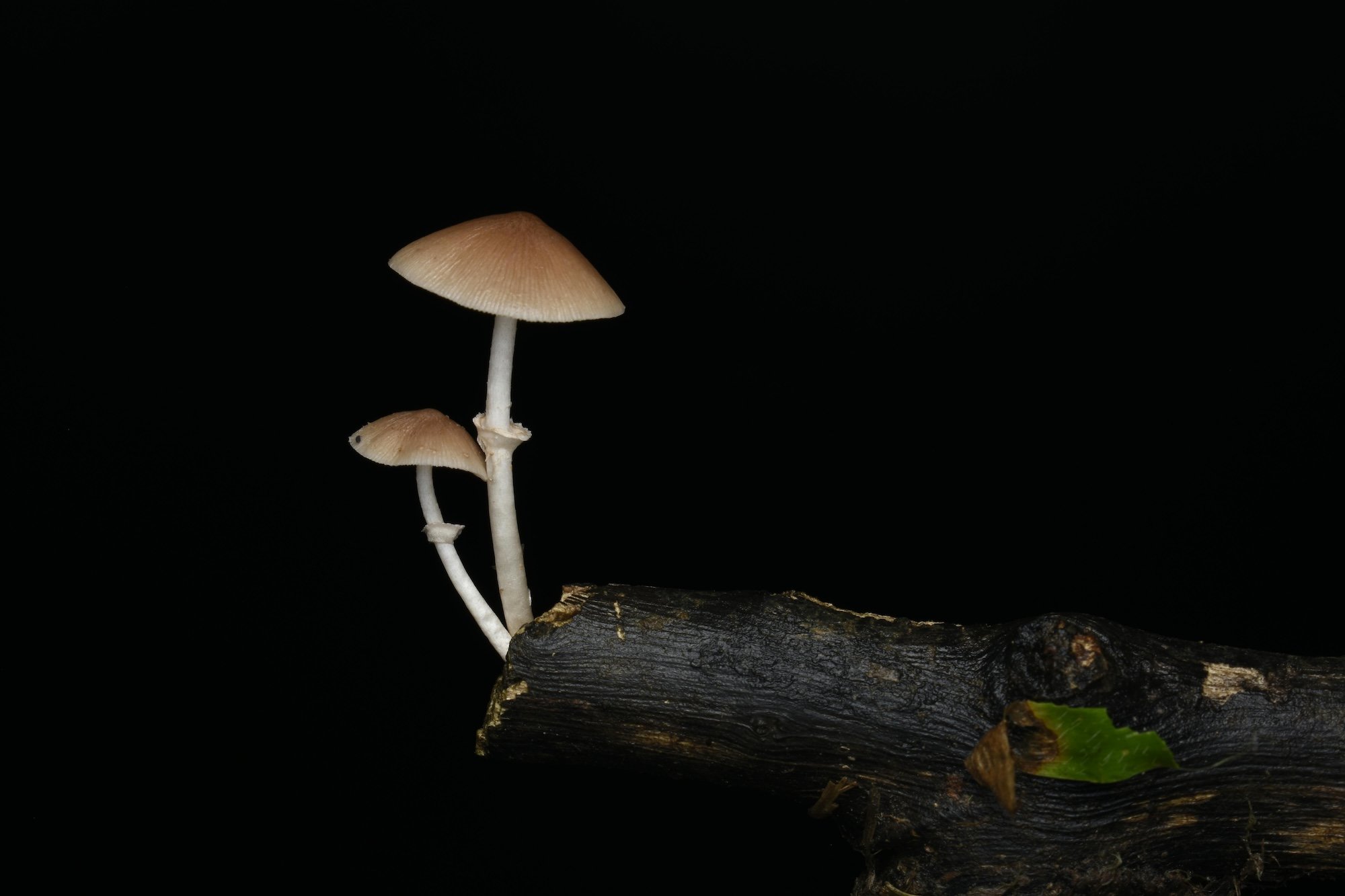
Psilocybin
What is Psilocybin?
Psilocybin is the active psychedelic ingredient in a variety of fungi commonly referred to as psilocybin mushrooms, “magic mushrooms”, or “shrooms”. Typically ingested orally, the psychedelic experience induced by psilocybin can last for several hours and result in significantly altered perception, enhanced pattern recognition, and hallucinations.
You can find Canada’s webpage on psilocybin here.
Is Psilocybin Legal in Canada?
No, psilocybin (“magic mushrooms”) is illegal under Canadian federal law. It has not been decriminalized anywhere in Canada and does not occupy a "grey zone". Legal psilocybin use is restricted to scenarios wherein Health Canada grants an exemption under section 56 or approves a request made through the Special Access Program.
Though psilocybin is openly sold online and even storefront in some Canadian cities, possession, trafficking, cultivation, import, and export of psilocybin (and psilocin) remains 100% illegal everywhere in Canada, unless one has received an applicable license or exemption.
The federal government’s move to decriminalize personal possession of certain controlled substances in British Columbia in 2023 did not impact the legal status of psilocybin in the province (see Provincial and Municipal Regulation).
We’ve written in greater detail about the illegality of Canadian mushroom dispensaries here.
Are Psilocybin Spores Legal in Canada?
No, psilocybin spores are illegal under Canadian federal law. However, there is scarce evidence to suggest the prohibition of psilocybin spores has ever been enforced.
Psilocybin spores are openly sold in stores across Canada and generally regarded as legal, but this may simply be the result of non-enforcement rather than any actual gap in the applicable law.
Section 2(2)(b) of the Controlled Drugs and Substances Act states that “a reference to a controlled substance includes a reference to any thing…that is used or intended or designed for use in producing the substance.” Additionally, section 7.1(1) states that “[n]o person shall possess, produce, sell, import or transport anything intending that it will be used (a) to produce a controlled substance, unless the production of the controlled substance is lawfully authorized.”
The language of both sections would appear to encompass possession of psilocybin spores for the intended purpose of producing psilocybin absent proper authorization, thereby prohibiting their possession and sale under Canadian federal law.
Legal History of Psilocybin in Canada
Canada designated psilocybin a prohibited controlled substance in 1974 when it was added to the Food and Drugs Act.
In 1979, the British Columbia Court of Appeal in R. v. Parnell ruled that simple possession of mushrooms containing psilocybin did not constitute a violation of the Act, which specifically prohibited the chemical psilocybin. It reached this conclusion in part by comparing the wording of the Food and Drugs Act’s controlled substance prohibitions with the prohibitions of the Narcotic Control Act, noting that the Narcotic Control Act specifically prohibited certain substances as well as “anything that contains [the] substance.” By contrast, the Food and Drugs Act’s wording simply prohibited the substance. Alberta’s Court of Appeal also adopted this view in R. v. Cartier (1980). This effectively legalized possession of psilocybin mushrooms in Canada, provided they were left in their “natural state”.
In 1982, the Supreme Court of Canada in R. v. Dunn reversed this position, thereby re-criminalizing psilocybin in both its natural and chemical forms.
Psilocybin is now prohibited under Schedule III of the Controlled Drugs and Substances Act (CDSA). Though psilocybin possession, cultivation, and sale is illegal throughout Canada (barring use under an exemption), inconsistent enforcement of the law leads many to mistakenly believe (and proclaim) that psilocybin is legal, decriminalized, or a “grey market” substance in Canada or certain Canadian jurisdictions.
And though personal possession of up to 2.5 grams of opioids, cocaine, methamphetamine, and MDMA was decriminalized in British Columbia on January 31, 2023, by means of a Health Canada exemption, the legal status of psilocybin was not affected.
Medical or Therapeutic Use?
Medical studies suggest psilocybin use under proper conditions may help individuals address psychological issues such as addiction, anxiety, depression, and obsessive compulsive disorder.
In 2020, Health Canada began granting select individuals legal access to psilocybin for therapeutic purposes by means of s. 56 exemptions under the Controlled Drugs and Substances Act. This marked the first time non-study participants in Canada garnered legal access to psilocybin since the substance’s criminalization in the 1970s.
In January 2022, Health Canada amended regulations pertaining to the Special Access Program (SAP). The new regulations allow medical professionals to request psilocybin for patients with serious or life-threatening conditions where other therapies fail to help a patient or are otherwise unsuitable or unavailable in Canada.
In July 2022, a group of patients suffering from cluster headaches, opioid use disorder, and terminal cancer filed a claim against the federal government of Canada, alleging that constitutional law demands greater ease of access to psilocybin-assisted therapy for those who may substantially benefit from therapeutic use. We’ve written in greater detail about this lawsuit here and here (also see Charter Implications (Medical Use)).

